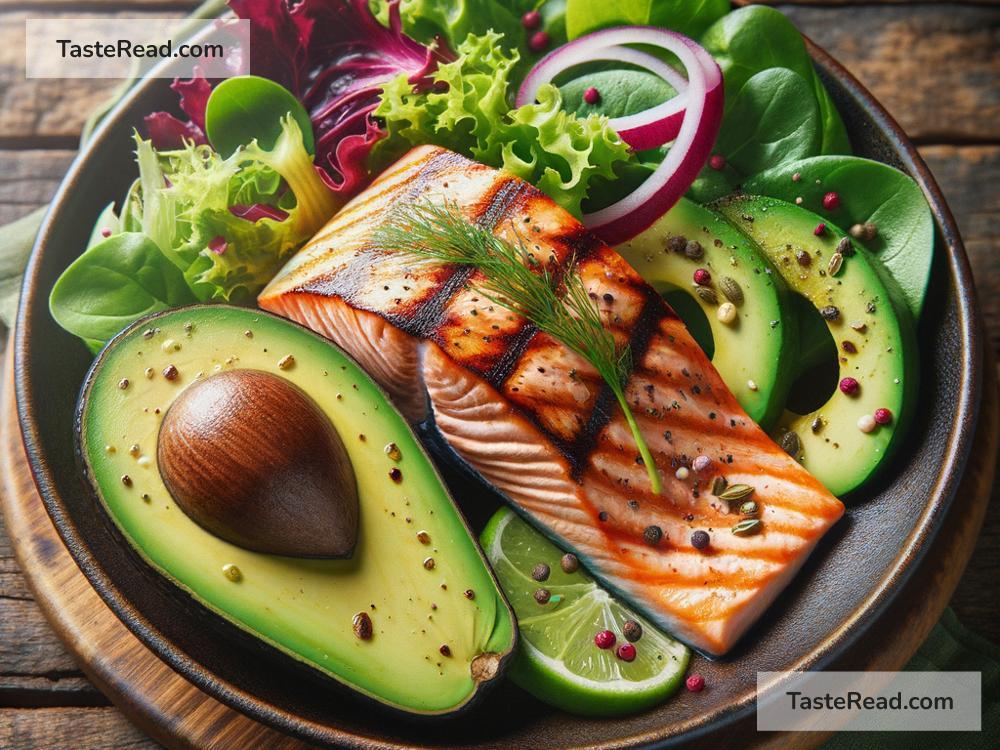Why the Low-Carb, High-Fat Diet is Shaping Future Eating Habits
In recent years, the low-carb, high-fat (LCHF) diet has surged in popularity. This eating pattern, which emphasizes reducing carbohydrate intake and focusing on fats as the main source of energy, is shaping the way we think about food and nutrition for the future. If you’re wondering why this diet has gained so much attention and how it might influence our eating habits moving forward, let’s delve in.
Understanding the Low-Carb, High-Fat Diet
At its core, the LCHF diet encourages eating fewer carbs found in foods like bread, pasta, and sugary snacks, and replacing them with fats from foods like avocados, cheese, and nuts. The theory behind this drastic shift is that by lowering your carb intake, your body enters a state called ketosis, where it starts to burn fat for energy instead of carbs, potentially leading to weight loss and other health benefits.
The Appeal of LCHF
One of the biggest reasons for its popularity is its simplicity and the visible results it delivers. Many people have shared success stories about significant weight loss, improved energy levels, and better control over their appetite. Moreover, the LCHF diet often leads to a decrease in processed foods and an increase in whole, nutrient-rich foods, aligning with a broader movement towards healthier, more sustainable eating habits.
Impact on the Food Industry
As more people adopt the LCHF lifestyle, supermarkets, restaurants, and food brands are taking note. We’re seeing an increase in low-carb, high-fat products on shelves, from keto-friendly snacks to cauliflower-based alternatives to traditional carb-heavy dishes. This trend is not only changing what products are available but is also shifting the entire conversation around healthy eating, pushing more food companies to consider the nutritional quality of their offerings.
Potential Long-Term Health Benefits
Beyond weight loss, the LCHF diet has been linked to a range of possible health benefits, including improved blood sugar control, reduced risk of heart disease, and better brain health. These potential benefits are compelling people to reconsider their long-held beliefs about fat being the enemy and are influencing a new generation to embrace a more balanced approach to fats and carbs.
The Role of Social Media and Technology
Social media and health tech apps have played a significant role in the rise of the LCHF diet, offering platforms for sharing success stories, recipes, and tips. This has created a community of followers and believers who are more informed and engaged than ever before. Moreover, technology has made it easier for individuals to track their meals, macronutrients, and progress, further fueling the diet’s popularity.
Challenges and Criticisms
However, it’s important to note that the LCHF diet isn’t without its challenges and criticisms. Some experts argue that the diet may not be sustainable or suitable for everyone, emphasizing the importance of a balanced diet rich in various nutrients. Critics also point out potential risks, such as an increase in saturated fat intake, which could have adverse effects on heart health for some individuals.
Looking Ahead: The Future of Eating Habits
The LCHF diet’s impact on current and future eating habits is undeniable. It’s encouraging a more conscious approach to eating, where individuals think critically about their food choices and their effects on health. As research continues and we gain a deeper understanding of nutrition, the principles of the LCHF diet may evolve, but its emphasis on reducing processed foods and prioritizing whole foods is likely to remain influential.
In conclusion, the low-carb, high-fat diet is more than just a trend; it’s a movement that’s reshaping our eating habits and our relationship with food. By focusing on fat as a key energy source and reducing reliance on carbs, this diet challenges traditional dietary guidelines and opens up new possibilities for health and nutrition. Whether you’re considering trying the LCHF diet or simply looking to make healthier food choices, the principles of eating whole, unprocessed foods and paying attention to your body’s needs are timeless lessons we can all take to heart.


